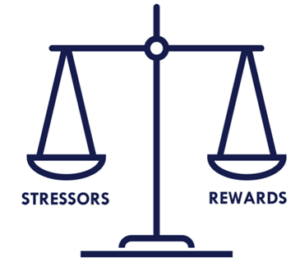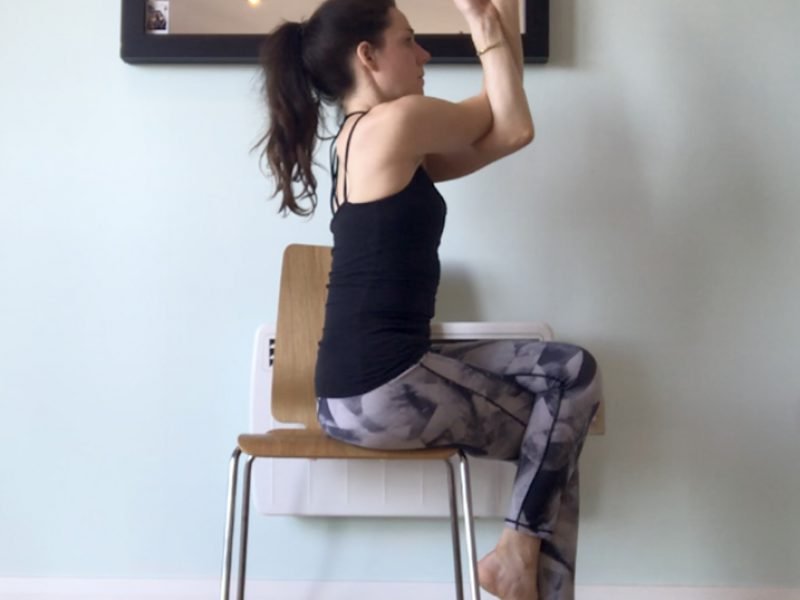We explore the warning signs of parental burnout, plus the coping mechanisms you can introduce to bring balance to your day-to-day life
Parenting is a wonderful thing. However, it can also be a leading cause of stress. While juggling childcare, a day job, maintaining a house and a never-ending list of responsibilities, it can become difficult to prioritise our own wellbeing.
Here at Wellington Place, we often talk about tackling workplace burnout. Yet, it’s also so important to bring awareness to parental burnout. That’s why we’ve partnered with Mind It to uncover the go-to tools that can help you implement wellbeing strategies into your own family life.
What is parental burnout?
Parental burnout was first identified in the 1980s and it’s a term that has recently received increased attention due to the COVID-19 pandemic.
According to the Parental Burnout: What Is It, and Why Does It Matter? journal, parental burnout is defined as:
“An overwhelming exhaustion related to one’s parental role, an emotional distancing from one’s children, and a sense of parental ineffectiveness.”
As many parents stayed at home with their children throughout lockdown, the pandemic shone a spotlight on parental pressure and the need to understand the issue in more detail. Like many conditions that can affect our mental health, the first step in seeking support is to both talk, and educate ourselves, about it.
What are the effects of parental burnout and how can you spot the signs?
We often hear that parents are superheroes! And while they most definitely are, this comparison can set unrealistic expectations. Positivity and praise are great assets, but presenting parenting as unequivocally fulfilling can lead to feelings of immense guilt when we struggle.
There are many signs of burnout. Someone who is struggling may:
- Not enjoy activities they used to enjoy before becoming a parent
- Emotionally distance themselves from their children. This could appear in the form of not listening or being less involved in your children’s lives
What strategies can you put in place to deal with parental burnout?
According to Mind It, those struggling with parental burnout should try the Stressors / Rewards Scale.

When you experience parental burnout, it often means that your stressors / rewards scale is imbalanced. Examples of stressors include:
- Lack of me-time
- Too much noise in the house
- The house being a mess
- Lack of sleep
Whereas rewards may be:
- Enjoying some time alone
- Having a nap
- Not letting a hot drink go cold
- Eating a snack you love
In order to rebalance your scale, the goal is to decrease the stressors and increase the rewards. Mind It suggests five tips that can help you do just that.
- Remember that not everything is under your control! Anything that isn’t under your control can drain your time and energy. Try to let these worries go as overthinking won’t make anything better.
- Put boundaries in place. Consider what you can say ‘no’ to. It’s not rude to put your mental wellbeing first.
- Get to know your go-to wellbeing activity. What makes you smile, laugh and have fun? This could be a catch-up with friends, a chair yoga class, or even just chilling in front of the TV. Schedule this activity into your calendar on a weekly basis – you won’t regret it!
- Relax for 5 / 10 minutes per day. If you don’t have time for a relaxing activity each day, try to implement just 5 to 10 minutes of rest. Enjoy a hot drink, read a chapter of a book, or even take a power nap.
- Practice letting go! This step is often the most challenging, because it’s so difficult to switch off feelings of stress. Try to eliminate the non-important / non-urgent things from your mind as much as you can.
In his TED Talk on the struggles of parenting, writer and TV personality, Bruce Feiler, discusses how he implemented an ‘agile programme’ into his parenting.
Bruce suggests that we must all be flexible and open-minded, empower our children and spend less time worrying about what you do wrong. Instead, focus on the good times!
Thank you to Mind It for taking part in this blog post.



